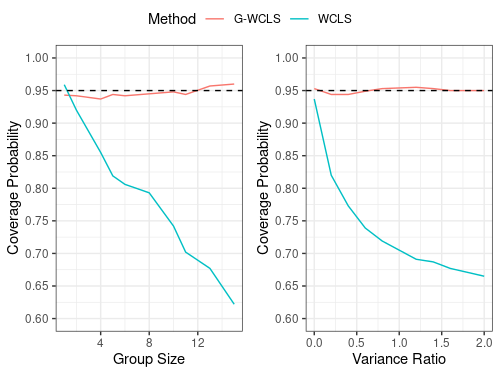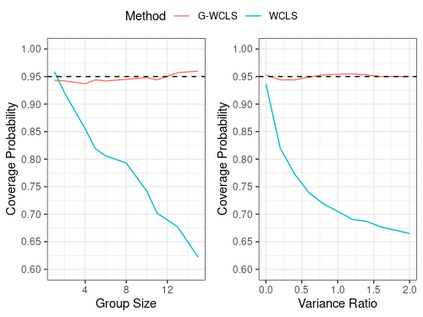Micro-randomized trial (MRT) is a sequential randomized experimental design to empirically evaluate the effectiveness of mobile health (mHealth) intervention components that may be delivered at hundreds or thousands of decision points. The MRT context has motivated a new class of causal estimands, termed "causal excursion effects", for which inference can be made by a weighted, centered least squares approach (Boruvka et al., 2017). Existing methods assume between-subject independence and non-interference. Deviations from these assumptions often occur which, if unaccounted for, may result in bias and overconfident variance estimates. In this paper, causal excursion effects are considered under potential cluster-level correlation and interference and when the treatment effect of interest depends on cluster-level moderators. The utility of our proposed methods is shown by analyzing data from a multi-institution cohort of first year medical residents in the United States. The approach paves the way for construction of mHealth interventions that account for observed social network information.
翻译:微随机试验(MRT)是一种连续随机实验设计,以经验性地评价在数百或数千个决定点上可能提供的移动保健(MHH)干预部分的有效性;MRT环境引发了一种新的因果估计效应,称为“因果解剖效应”,可以通过加权、中点最小方方的方法推断出(Boruvka等人,2017年);现有方法假定主体独立和不干涉之间;这些假设经常出现偏离,如果下落不明,可能导致偏差和过度不自信的差异估计;在本文件中,因果解剖效应在潜在的集群层面相关性和干扰下加以考虑,当利息的处理效果取决于集群级的主持人时;我们拟议方法的效用是通过分析来自美国第一年医疗居民多机构组的数据来显示的;这一方法为构建考虑到所观察到的社会网络信息的保健干预措施铺平了道路。




